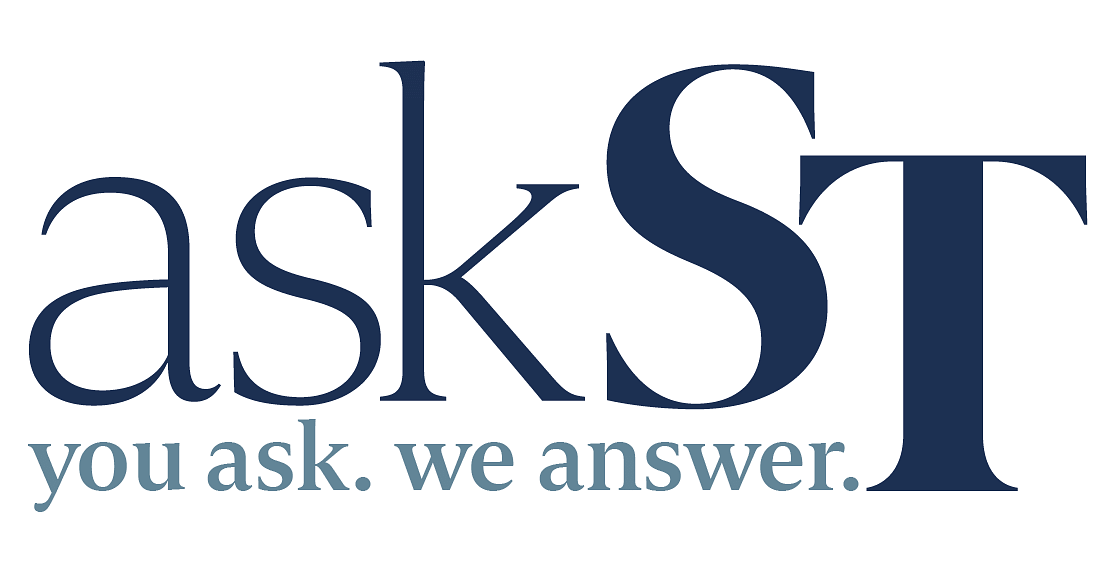Buying your first flat can be an intimidating exercise but it is a road most Singaporeans cross, whether they are going to be married or are singles looking for their own pad.
Here are some tips that may help reduce your stress on this journey.
DETERMINE WHAT YOU CAN AFFORD
Save yourself the heartache of falling in love with an expensive house you have to walk away from by first checking how much you can truly afford.
The Central Provident Fund has a useful calculator that both singles and couples can use.
Yes, it is tedious to key in your salary details and financial commitments like education loans or credit card bills. But it is worth the 15 minutes to an hour you need to put in, depending on the details you have at hand.
The website churns out a useful table of the maximum property price you can afford, downpayment required, an estimated loan from both the Housing Board and the banks, as well as your monthly installments.
If you are buying a HDB flat, you may also be eligible for grants - up to $80,000 for new flats and $110,000 for resale ones. Those looking at already-subsidised Build-to-Order flats can check them out here, while those looking at the resale market can look at this page.
There are other costs that may affect your budget.
One big-ticket item is renovation, which averages $30,000 for a new four-room flat. The bill could go up to between $60,000 and $80,000 for a resale HDB flat. Most condominiums come renovated.

Another is the stamp duty, where 1 per cent is levied on the first $180,000 of the purchase price, then 2 per cent on the next $180,000 and 3 per cent on the remaining amount.
Other costs include legal fees, fire insurance, a valuation fee for resale flats and the commission for agents if you have hired one.
All these costs have to be factored into your budget and cash flow from the get-go.
KNOWING WHAT YOU WANT
Now comes the fun part. List attributes that are important for your future home, and try to divide that list into what is critical and what is nice to have.
For many, location is key. This could mean proximity to their parents, or a shorter distance to the Central Business District, their workplace or the nearest MRT station.
Others may prioritise amenities like convenience stores, swimming pools, or features like a spacious kitchen.
Don't forget that some things can be "solved" with renovation, if your budget allows. For example, a wall separating a kitchen from a living room can be hacked down to open up the space.
With this in mind, you can turn to property portal sites like PropertyGuru, SRX Property or 99.co to look at photos of your dream homes.
If this gets too overwhelming, consider hiring an agent, who will help you narrow down homes that match your budget, as well as arrange viewings.
Agent commissions are typically 1 per cent of the property price for HDB flats. You do not pay agent commissions for private properties.
GETTING YOUR LOAN
The next step is to get your in-principle approval for your loan. Agents often advise you to get these ahead of time to signal your seriousness as a buyer to sellers.
If you are getting a HDB flat, you have two choices: a HDB concessionary loan or a bank loan.
The HDB loan interest rate is relatively stable at 2.6 per cent, compared to a bank loan, which varies from 1 per cent to 1.68 per cent. This may change over the years too.
It is also generally more forgiving than bank loans: the HDB charges interest at 7.5 per cent per annum, while banks charge 24 per cent per annum. Several people have also written on online forums about how the HDB had waived their late payments due to extenuating circumstances.
HDB loans also allow you to pay your downpayment with your CPF funds, but bank loans require at least 5 per cent cash upfront. Bank loans also have a lock-in period of a few years.
The obvious upside to a bank loan is the currently lower interest rate, while HDB loans would be attractive to those who favour flexibility.
Check which you are eligible for - HDB loans are restricted to couples who are earning $12,000 and under, and speak to a mortgage advisor if you need help.
GO HOUSE-HUNTING
This can be a chore for some, but once you start on this step, you are closer to finding your dream home.
For resale HDB or private properties, arrange (or get your agent to arrange) several flats in the vicinity on the same day, to maximise your time.
Prepare a spreadsheet listing the flat's address, size, orientation, asking price and number of years left it has on its lease. Leave room to take notes about renovation, the state of cleanliness in the block, and other notes you think will be useful to you.
Take photographs. Lots of them. Things start to get blurry once you are on your tenth house.
Keep an eye out for spalling concrete, mold, cracks in the walls, leaking pipes, and coats of fresh paint in the corridor, which some say could be sign of covering up loansharks' unfriendly warnings. Bring along a trusted friend or relative if you do not have an agent, who may spot things you cannot.
Like the flat? Make an offer and wait for the best.
For new HDB flats, the process is simpler. First, apply for a flat. Then wait a month or so to see if you have a queue number.
If you do, congratulations!
Go down to the HDB to take a look at the flat models, and also head down to the site to familiarise yourself with the area.
Make a list of units you would be okay with. As your appointment date nears, check which units have been sold and cross them off.
If there are units left that you find acceptable when it is your turn, congratulations as well. You are well on your way to becoming a homeowner - once the flat has been built.
Happy house-hunting!



